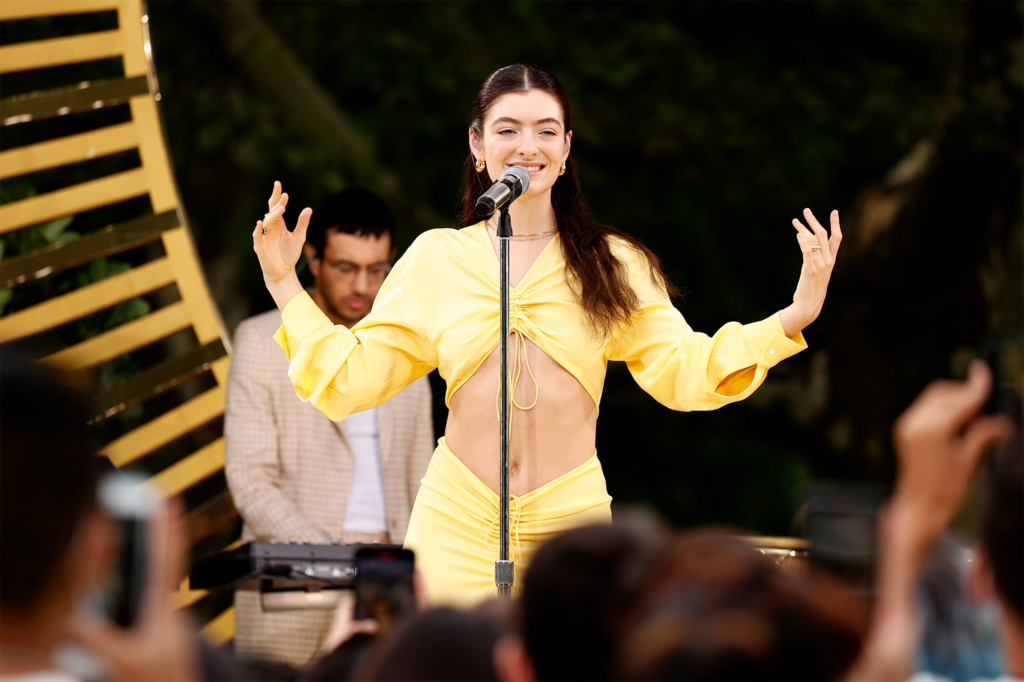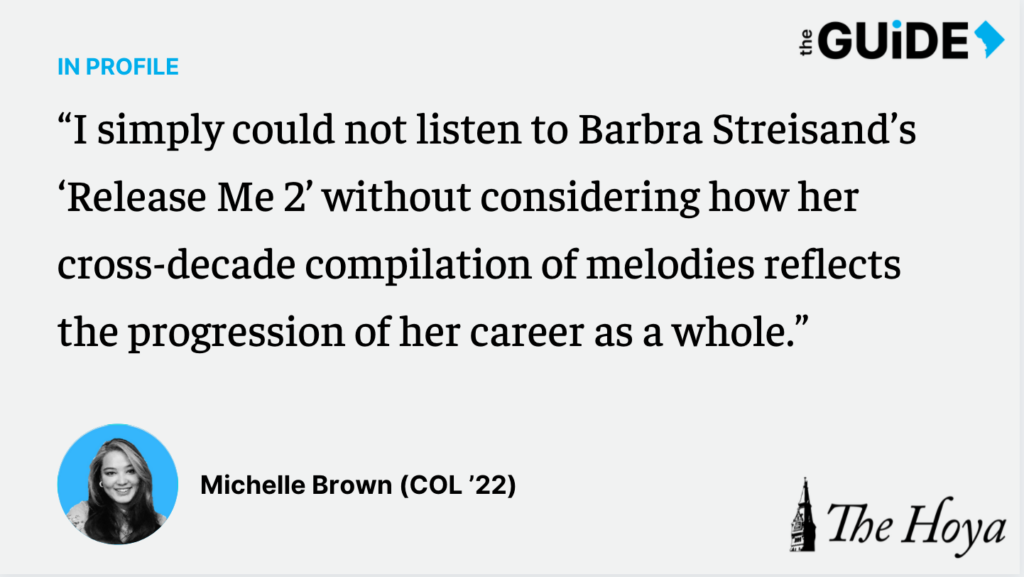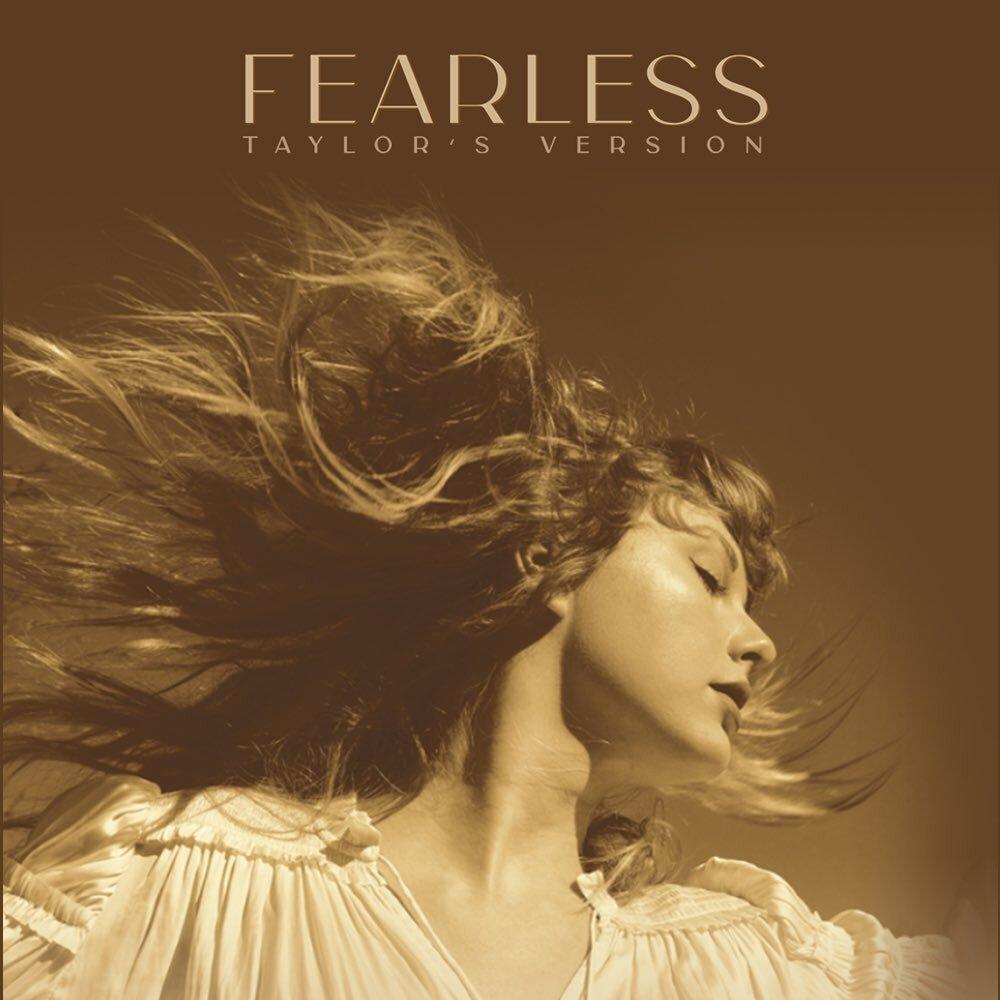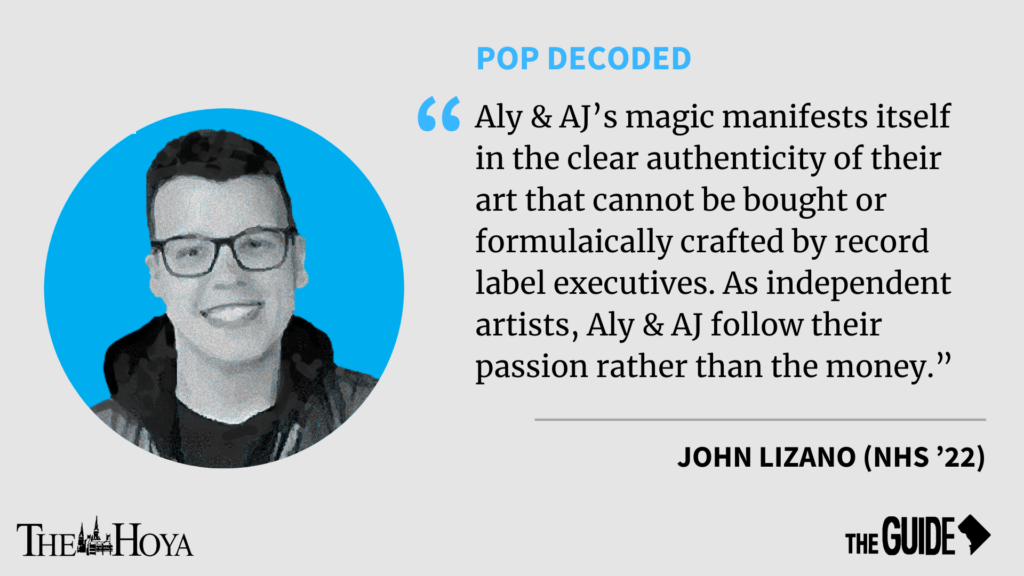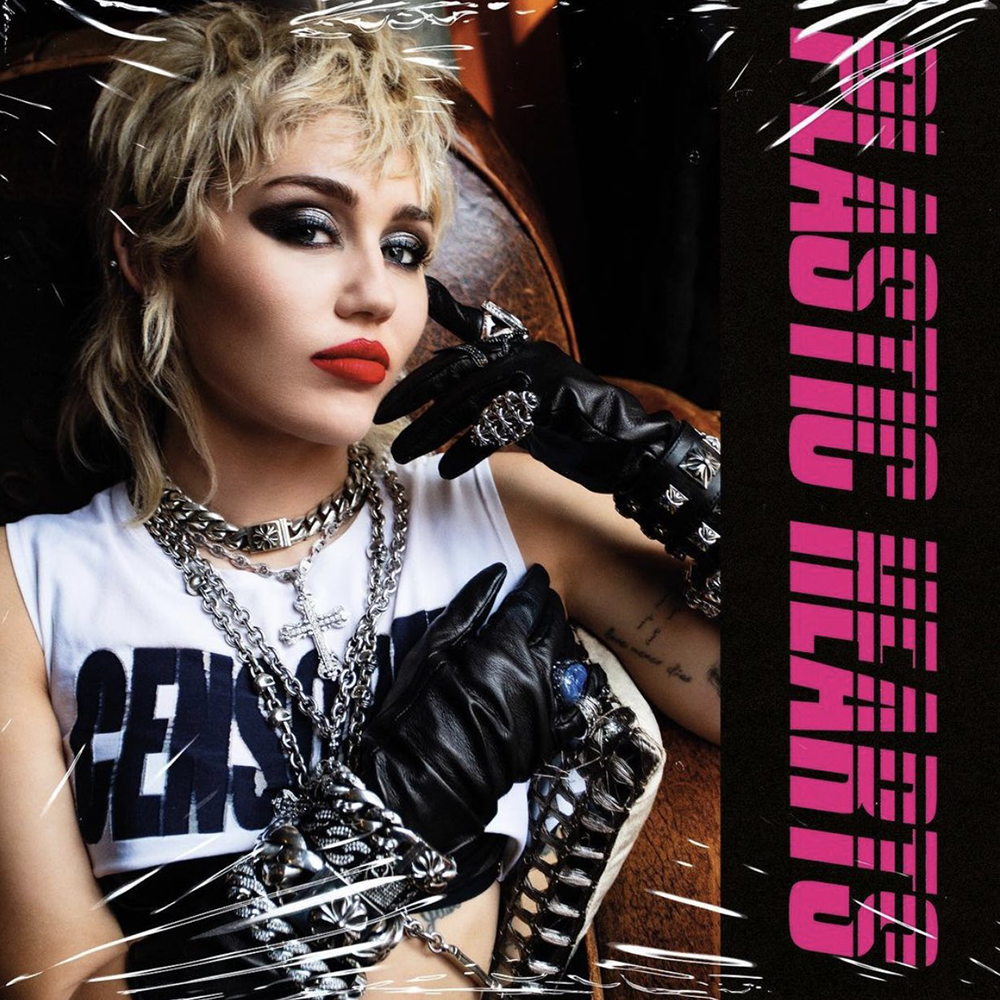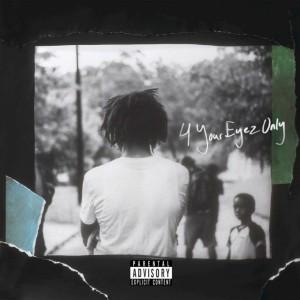
★★★★☆
Two years after the double Platinum-certified album “2014 Forest Hills Drive,” Jermaine Cole, better known as J. Cole, released his fourth studio album, “4 Your Eyez Only” on December 9th. The album sees Cole reevaluating his life after fame and finding fulfillment in activism through rap, providing straightforward, yet nuanced, social commentary that J. Cole has been able to find through his establishment in stardom.
In the time since Cole’s last album, “2014 Forest Hills Drive,” the rapper has gotten married and had a daughter, and the conclusion of Cole’s personal narrative is evident throughout “4 Your Eyez Only.” Cole repeatedly toys with the idea of retirement and muses finding fulfillment in a quiet and simple life, with relatable narratives to sell his point. Whether it is the feeling of heartbreak from falling for someone in a relationship, as in “Deja Vu,” or even just folding clothes for a loved one, as in “Folding Clothes,” Cole’s storytelling ability remains one of his greatest strengths.
He uses this skill to engage the listener in a more political manner, tackling the issue of police brutality and gang violence. Cole decries discrimination in “Neighbors,” based on the real story of a SWAT team invading his home on suspicions of drug dealing based on a report from his neighbors.
In “Change,” Cole tells listeners of his friend James McMillan, Jr. who died in a shooting related to gang violence. McMillan is a recurring character in the album, in which Cole often references his life and death. For example, on the title track and album closer, “4 Your Eyez Only,” Cole imagines McMillan speaking to his daughter: “My worst fear is one day that you come home from school / And see your father face while hearing ’bout tragedy on news / I got the strangest feeling your daddy gonna lose his life soon / And sadly if you’re listening now it must mean it’s true.”
On this track, Cole dedicates the album to his fallen friend’s daughter, hoping the album serves as a guide for her in the absence of her father, a situation J. Cole also faced growing up.
Another prevalent thematic undercurrent throughout the album is Cole’s struggle with the ideas of life and death. The first two songs start with a grim discussion about learning how to continue living even while knowing that death is the end. While the album never fully returns to this initial depressing tone, it continues with Cole’s vision of a life well-lived while still paying attention to these existential thoughts. One such example is Cole’s admission that his motivation for nearly everything he does, and one he suggests to listeners, is that it “won’t be long before [he] disappears,” as he states on “Ville Mentality.” The motivation he derives from the knowledge of his certain death colors all the advice he gives the listener, whether that be on continuing to always evolve, as he dictates on “Change,” or finding a lasting love, on “She’s Mine Pt. 1.”
Indeed, Cole answers his internal crisis by focusing on life’s small beauties, to which he makes a full ode in “Folding Clothes.” For Cole, the fear of emptiness and the process of finding love are inextricably linked and that relationship is the main lesson he tries to impart to listeners — that through love, whether it is romantic or familial, one can find a meaningful way to spend one’s life. However, Cole’s hope to create a beautiful album that expresses this ideal is often distorted by his lyrics and production.
Despite the album’s overall structure and sophisticated concepts, Cole often fails to execute his ideas. This is most evident in his lyrics, where he often reverts to bragging about his prowess with women. Examples include his lust after a taken woman in “Deja Vu”, or when he brags on “Ville Mentality”: “b—h hit my phone when they want some d–k,” distracting from his well-crafted philosophical thoughts on fame and stardom.
In addition, the production on the album is almost nonexistent, with Cole minimizing the role of the beats throughout most of his songs. The album features a set of subdued beats, adding a little to the atmosphere of the song and mostly taking a backseat to the lyrics. This would not be an issue if the lyrics were not so simple, effectively making the album feel more like spoken word than rap. While this is J. Cole’s trademark, his previous albums featured much more pronounced production.
A listener could not be blamed for losing interest while listening to the album. However, to Cole’s credit, this stripped-down production does fit the somber mood of the album. An album that helps you realize that there’s nothing more enjoyable in life than the small things, “4 Your Eyez Only” is J. Cole’s most mature yet, demonstrating, once again, that he may be one of the most talented rappers in the game.









